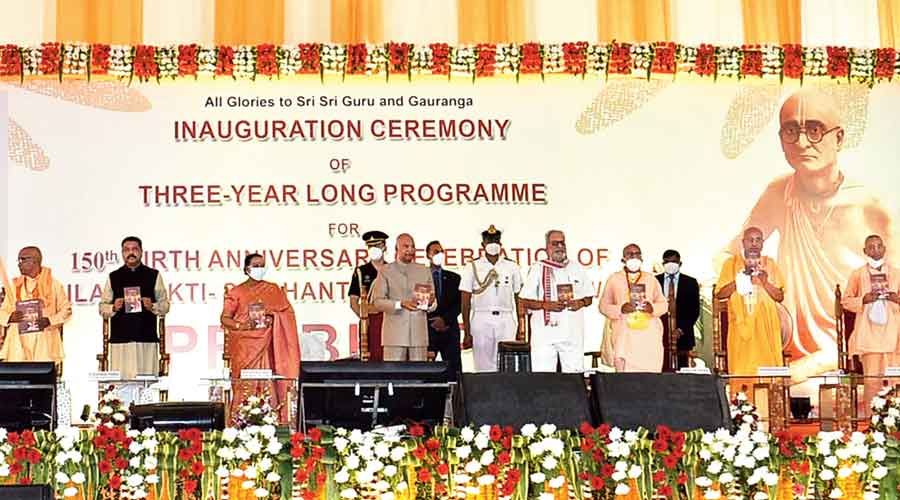The Supreme Court on Tuesday termed “immoral or illegal” the practice of pharmaceutical companies offering freebies to doctors, saying it affects common people by driving up healthcare costs.
The court reminded all stakeholders that such practices are “prohibited by law” and pharmaceutical companies are not entitled to any income tax exemption for the unethical expenses.
The court noted that the fact that prescriptions could be influenced by offering doctors gifts went against public interest. The practice among sections of doctors to prescribe costly medicines when cheaper generic variants are available creates a “perpetual publicly injurious cycle”, the court observed, adding that the cost of the freebies was factored into the drug price.
“Doctors and pharmacists being complementary and supplementary to each other in the medical profession, a comprehensive view must be adopted to regulate their conduct in view of the contemporary statutory regimes and regulations. Therefore, denial of the tax benefit cannot be construed as penalising the assessee pharmaceutical company,” a Supreme Court bench of Justices U.U. Lalit and S. Ravindra Bhat said in its order.
The bench passed the verdict while dismissing the appeal filed by Apex Laboratories challenging the concurrent findings of Madras High Court and the Income Tax Appellate Tribunal that it was not entitled to tax exemption of Rs 4.72 crore on expenses incurred towards incentives such as paying the hospitality expenses and conference fees of doctors and gifting them gold coins, LCD TVs, fridges and laptops to create awareness about the health supplement Zincovit.
“…It is a matter of great public importance and concern when it is demonstrated that a doctor’s prescription can be manipulated and driven by the motive to avail the freebies offered to them by pharmaceutical companies, ranging from gifts such as gold coins, fridges and LCD TVs to funding international trips for vacations or to attend medical conferences. These freebies are technically not ‘free’ — the cost of supplying such freebies is usually factored into the drug, driving prices up, thus creating a perpetual publicly injurious cycle,” the court added.
“The threat of prescribing medicines that are significantly marked up over effective generic counterparts in lieu of gifts was taken cognisance of by the Parliamentary Standing Committee on Health and Family Welfare,” Justice Bhat, who authored the judgment, said.
The court said that on August 1, 2012, the Central Board of Direct Taxes (CBDT) had issued a circular clarifying that expenses incurred by pharmaceutical and allied health sector industries for distribution of incentives (freebies) to medical practitioners were ineligible for tax exemptions.
According to the Indian Medical Council (Professional Conduct, Etiquette and Ethics) Regulations, medical practitioners are disallowed from accepting emoluments in the form of inter alia gifts, travel facilities, hospitality, cash or monetary grants.
Under the regulations, acceptance of freebies could result in a range of sanctions — from a “censure” for incentives costing up to Rs 5,000 to removal from the Indian Medical Register or State Medical Register for periods ranging from three months to one year.
But sections of medical professionals and pharmaceutical industry insiders say the practice of industry largesse on doctors has continued.
In the 2022 budget, the Centre has inserted into tax rules an explanatory section clarifying that pharmaceutical companies cannot claim deductions in tax filings on expenses on gifts, travel or hospitality.
Additional reporting by G.S. Mudur











